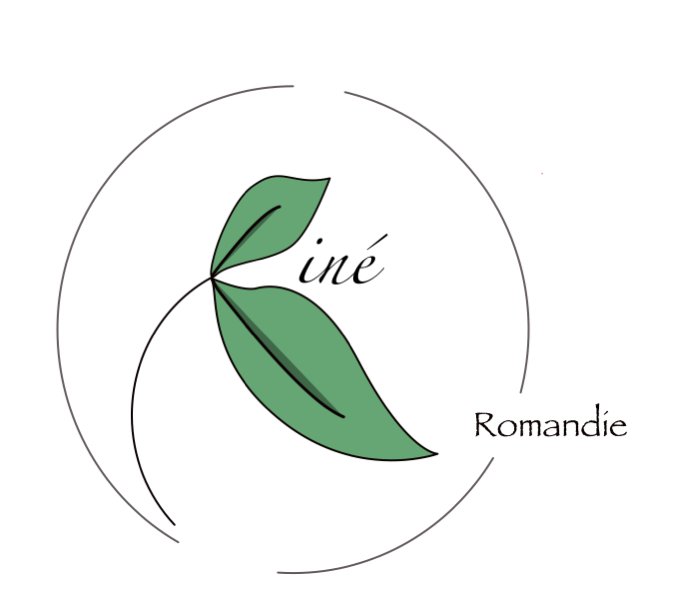Kinesiology considers the human being as one physical and psychological entity. It aims to reach a “state of equilibrium and well-being at the physical, mental, emotional and social level”. It works on the structural aspects of the body (muscles, tendons, ligaments, bones and articulations), the chemical aspects (biochemical processes linked to the various organs), and the mental aspects (thoughts, emotions, systems of belief towards yourself and towards the others, etc.).
Kinesiology considers any disturbance in the environment of a person as a stress that generates a physical reaction (perception) and a psychological one (emotion). The perception of fear, pain, or fear of pain can induce such intense negative emotions that these merge with the perception of the event into one neurological complex that gets imprinted in our cellular memory. If a similar situation arises again the organism automatically reactivates this memory in order to protect itself. It is a survival mechanism that has successfully protected the organism in the past, but that precludes new choices in the present.
In our modern society, where stressful situations arise almost everyday, we repeat these survival mechanisms indefinitively.
We become locked into behaviours put in place unconsciously, behaviours caused by real events in the past, but which prevent the perspective of any new choices in the present. In kinesiology the interrogation of the body and its memories enables the separation of the emotion and the physical perception of a past traumatic event, thus de-programing the associated defensive behaviour that limits our freedom of choice in the present. Liberated from these past blockages we gain the freedom to make conscious new choices and thus to influence our future in a responsible manner.
*Ecole Corps Mémoire, 15 rue Versigny, 75018 Paris
